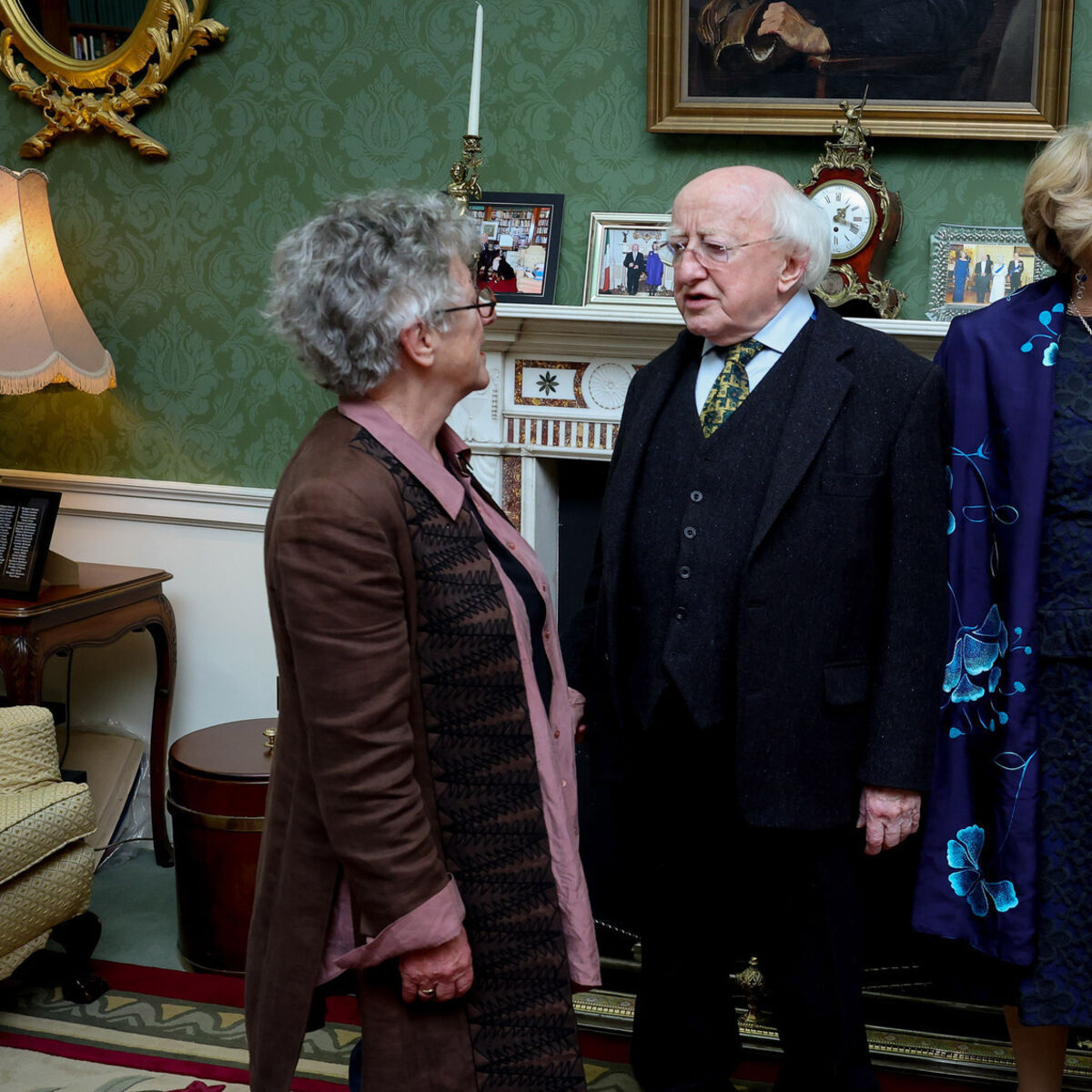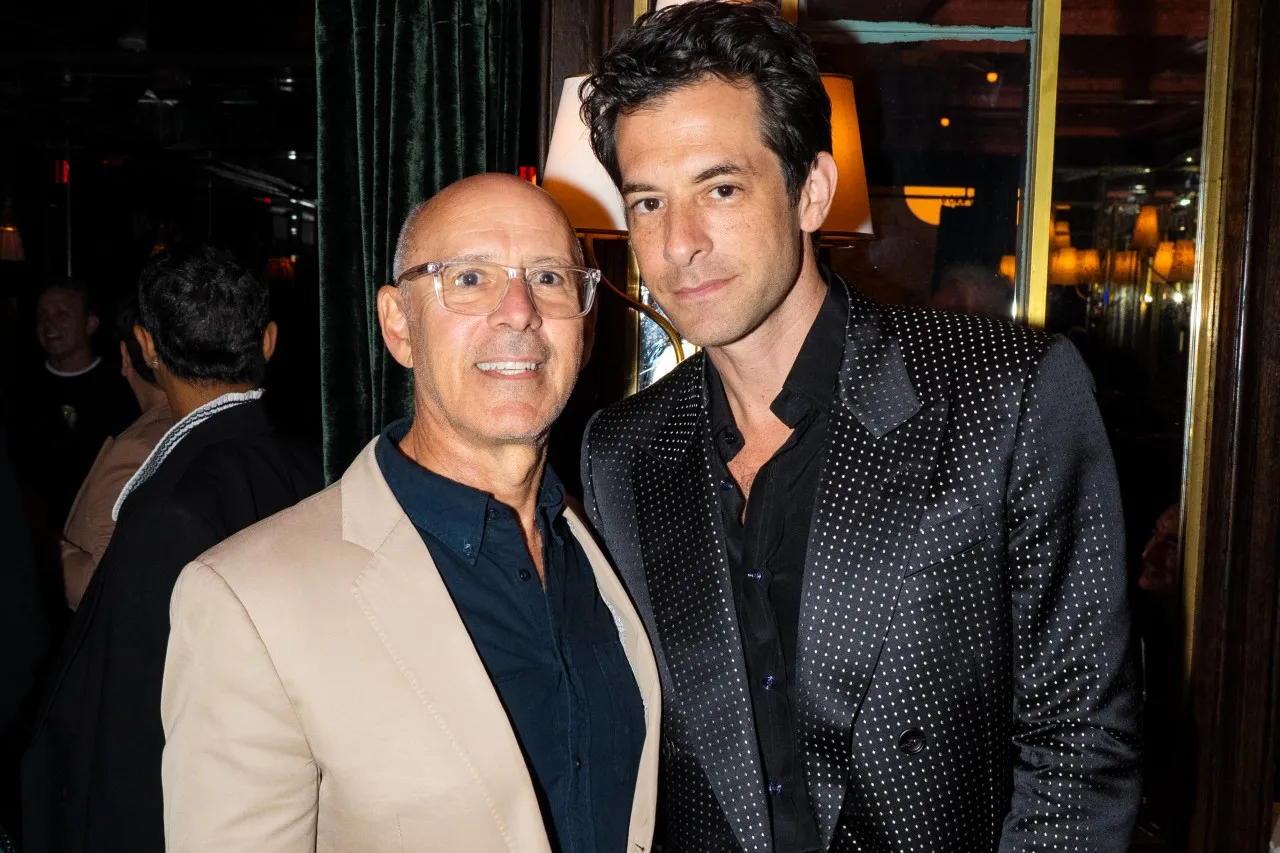By Cat Hogan,Irishexaminer.com
Copyright irishexaminer

A beacon of hope and the first step in recognising artists as an essential part of the Irish economy, levelling the playing field, leading to practice development, diversity of voices, and mental wellbeing. Not only did it replace the chaos of financial precarity with the gift of certainty, it recognised practitioners as professionals: a powerful antidote to the deeply ingrained imposter syndrome.
I was one of the lucky names-out-of-the-hat recipients and it changed my life.
I was able to get myself on solid financial footing, reduce hours in the menial (outside of the arts sector) job, and pay myself a living wage to sit at my desk and commit to my profession as a writer. I felt accountable to the work as I was being paid to do it.
I have written two more novels and found producers in Ireland and the US for my first two published books. The new novel is on submission, meaning in the next three years, I could potentially have at least two more books on the shelves.
But there are no guarantees. The earnings I have accrued so far from all that work is a grand total of zero, and until I sign on the dotted line with a publisher, I remain in limbo in the highly competitive and exclusive business of publishing.
The noose is slowly tightening around my neck in advance of the February cut-off, where the basic income is scheduled to come to an end, and as a huge chunk of my income is withdrawn, I am faced with big decisions. Do I go back to hustling for work with no guarantee of paying rent on time (and back to writing in stolen moments) or do I jack it in and get a ‘real job’? Exposure doesn’t fill the oil tank.
The irony of drafting this piece on Culture Night, is not lost on me, nor is the fact one of the most passionate supporters of the arts and culture in Ireland, Uachtarán na hÉireann, is making his last culture night address.
Speaking from the Áras, in his usual fluid mix of gaeilge agus bearla, President Higgins said: “Our artistic culture remains an essential corner stone of a healthy, inclusive and flourishing contempory society. The arts are a source of learning, life enhancing, providing the threads for a valuable critiquing of our history.”
At the same time, arts centres countrywide, in collaboration with the National Campaign for the Arts, read a statement aloud before a one-minute silent strike to highlight the need to retain, extend and expand the basic income scheme.
The statement outlined how the arts sector in Ireland (across film, literature, visual arts, theatre, music, architecture and dance) is worth €1.5bn annually, and yet 53% of the practitioners are living in enforced deprivation. The statement was a call to the Government to retain, extend and expand the income at a cost of 0.13% of its total budget.
A public consultation was announced in August and ran until September. Members of the public, artists, and organisations were asked to fill out the survey to inform Government’s decision on making the scheme permanent.
Of those who responded, 97% were in favour. It’s not the public we need to convince; it’s the leaders and those who pull the purse strings. I am a taxpayer. I pay my tax in the day job, and I submit annual returns on the income made in my arts job.
At the time of writing this, out of the 41 ministers and councillors I wrote to, I have yet to hear directly from one.
Our last chance saloon came in the form of a Basic Income for the Arts stakeholder forum on September 10 with culture minister Patrick O’Donovan and the Basic Income for the Arts team.
The intention of the day was to hear the sector’s views ahead of policy development for a potential successor. To his credit, Mr O’Donovan has always been extremely supportive of the scheme, and was responsible for the six-month extension. He has consistently been vocal.
The scheme will be judged through a cost-benefit analysis and, as Mt Donovan himself previously outlined, “the evidence on the value accrued to the State” would “probably colour the decision going forward”. The cost being set against transactional and functional business requirements.
How do you quantify the benefits of identity, joy, expression, art, music, diversity and culture? How do you quantify the peace of mind that comes with being paid a basic wage as a functional business requirement? What does contribution to the international reputation, and cohesion, and inclusion at a local level look like on a balance sheet?
Turns out, the analysis is quite easy, actually. The report compiled by the Department of Culture, in conjunction with Alma Economics, found the basic income scheme produced more than €100m in social and economic benefits, and for every euro spent, society received €1.39 in return.
For recipients, arts-related income increased at the same time as income from non-arts work decreased. Dependence on social protection declined and recipients were 38 percentage points less likely to receive job seekers. Finally, the report shows the real net fiscal cost of the scheme from 2021-2025 was just under €72m.
The net fiscal cost can be measured, and the increased output can be evidenced, but how do we measure the moments where art take a person’s breath away, or makes them laugh or cry, or feel seen, or helps them figure out the world as it burns?
Those are the moments, carefully curated by a person just like me sitting at a desk, or in a car outside the school gates, or in a theatre, or in a dance studio, or sat at a kitchen table, guitar in hand, in the small hours while the rest of the world sleeps.
Professionals within the arts sector are not looking for handouts. The numbers have been crunched, and the data has been analysed and evidenced to within an inch of its life. The scheme works and it works well. The sector is asking the Government to retain the investment to secure a permanent infrastructure so we can simply get on with the work.
Cat Hogan is an award-nominated Irish novelist and screenwriter from Co Wexford. She has published two fiction novels, They All Fall Down (2016) and the Bord Gáis Energy nominated Crime Fiction of the Year Novel, There Was A Crooked Man (2017).



